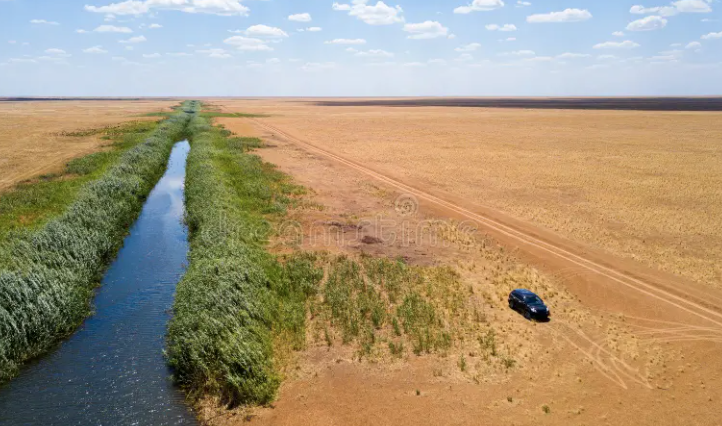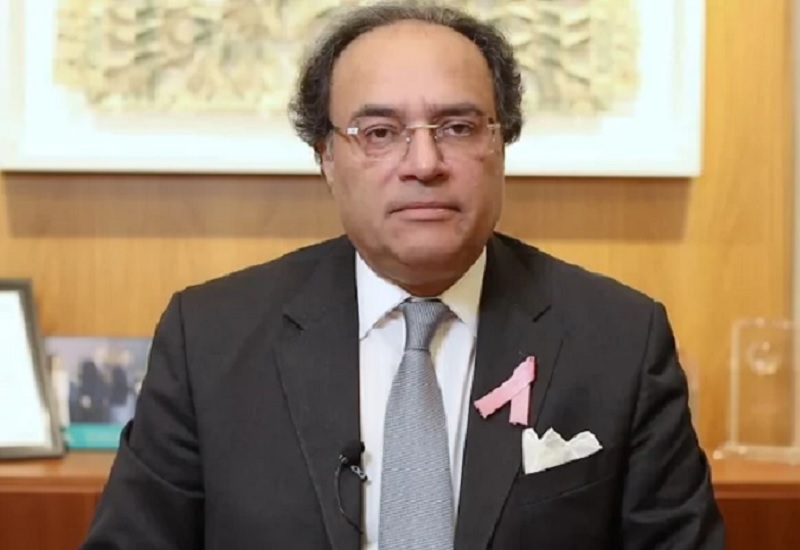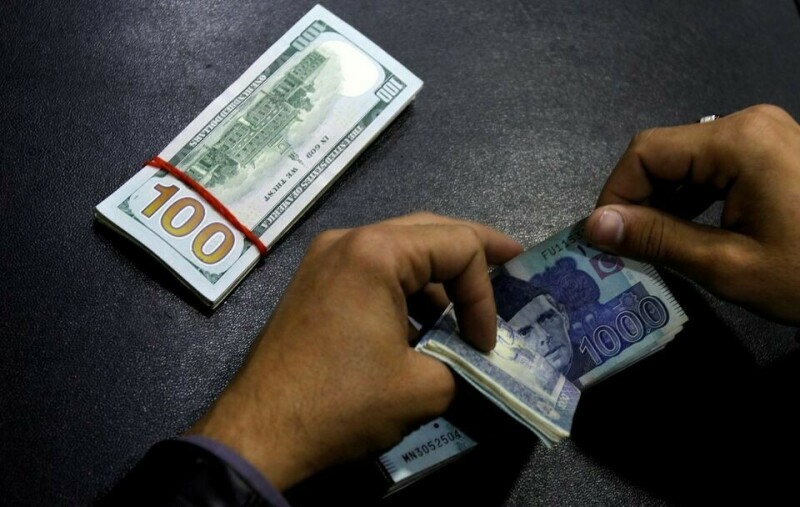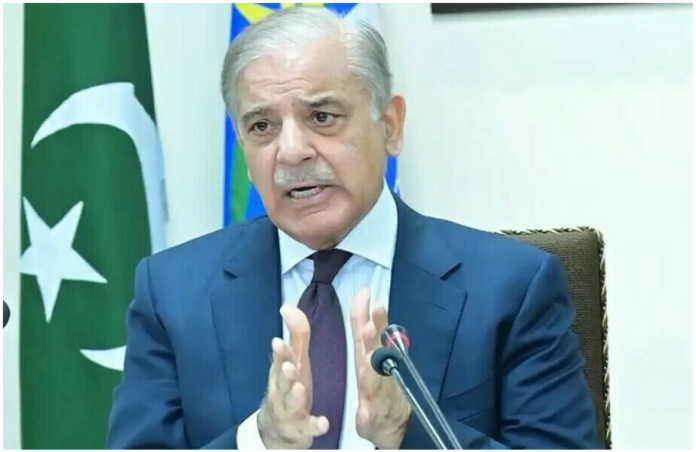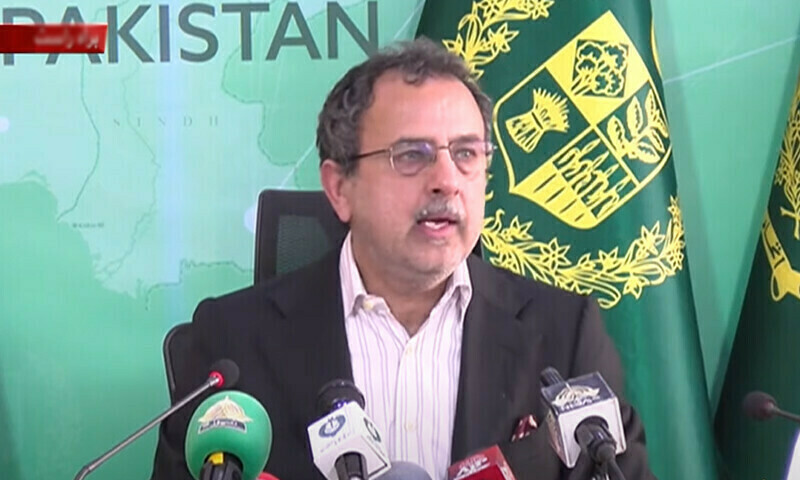TRADE & ECONOMY
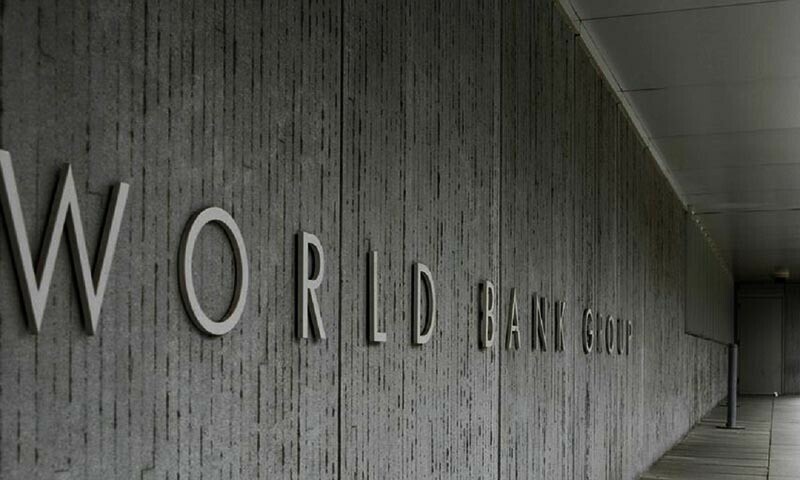
The World Bank has unveiled a 10-year Country Partnership Framework (CPF) for Pakistan, pledging $20 billion to address critical development challenges and foster inclusive and sustainable growth.
The CPF, designed in alignment with Pakistan’s National Economic Transformation Plan, aims to prioritize human capital development, climate resilience, and energy sustainability while enhancing private sector growth.
Long-Term Development Goals
Announcing the framework, World Bank Country Director Najy Benhassine highlighted the importance of tackling Pakistan’s pressing development issues. “Our new decade-long partnership framework for Pakistan represents a long-term anchor for our joint commitment with the government to address some of the most acute development challenges facing the country: child stunting, learning poverty, its exceptional exposure to the impacts of climate change, and the sustainability of its energy sector,” he said.
Key Focus Areas
The CPF targets several critical areas, including:
- Child Stunting Reduction: Increased access to clean water and improved sanitation services.
- Education: Reducing learning poverty by providing quality education to 12 million students.
- Climate Resilience: Enhancing Pakistan’s capacity to mitigate floods and other climate-related disasters, benefiting 75 million people.
- Energy Sustainability: Adding 10 Gigawatts of renewable energy capacity and reforming the transmission and distribution (T&D) sector to reduce losses and address geographical imbalances.
- Public Sector Management: Raising the tax-to-GDP ratio to over 15% and promoting progressive public expenditures.
Sustainable Development Goals
The framework aims to deliver healthcare services to 50 million citizens, ensure food security for 30 million people, provide safe drinking water and sanitation facilities to 60 million, and expand access to family planning services for 30 million women.
Addressing Energy Challenges
The CPF includes a comprehensive approach to developing a financially sustainable energy sector. It emphasizes reforms and investments to modernize infrastructure and ensure equitable energy distribution.
Stakeholder Collaboration
The CPF was developed following extensive consultations with stakeholders nationwide and is well-aligned with Pakistan's economic transformation priorities, including the Prime Minister’s Economic Transformation Agenda and Uraan Pakistan initiative.
Historical Context
Pakistan has been a member of the World Bank since 1950 and has received $48.3 billion in assistance to date. The current World Bank portfolio in Pakistan comprises 106 projects, with a total commitment of $17 billion across energy, private sector development, inclusion, and service delivery.
Conclusion
With a decade-long vision, the CPF reflects a robust partnership between the World Bank and Pakistan, aiming to transform lives through investments in human capital, climate resilience, and economic reforms.
